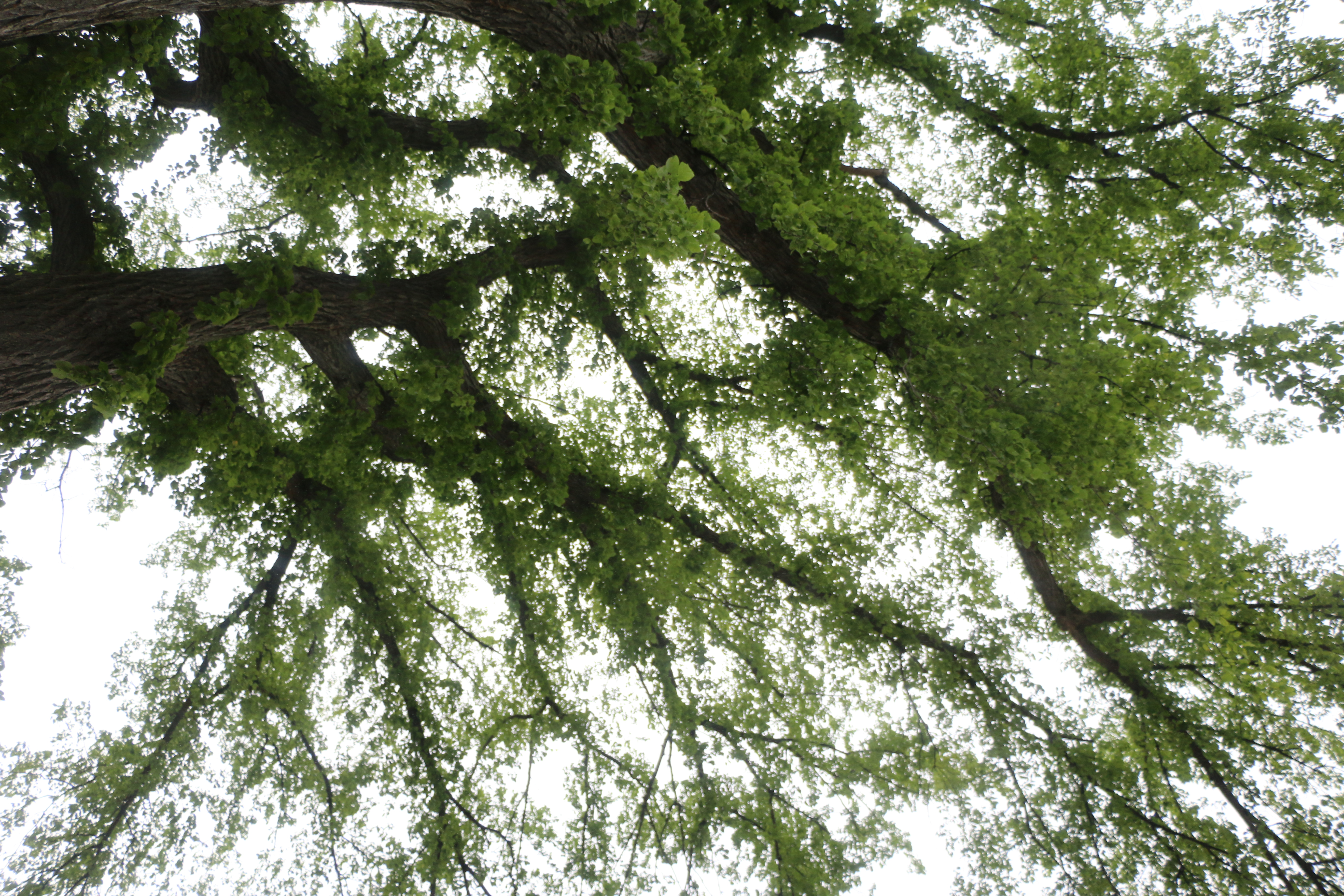it’s easier for me to start the day breaking fast than it is for me to end it by starting a fast.
at the end of the day, there are endless things to worry about and finish up and try to remember for the next day. my brain whirls and wheezes like an old willy wonka machine as i repeat list after list of to-dos while trying to get dinner cooked and family time and maybe even some writing time squeezed in before the day ends.
i dont pause in the middle of this frenzy very well. i dont stop to admire how great it is to be alive or give thanks for the anxiety. most times i am hanging on by a thread, doing what i can to make it until the kids finally go to bed. and most time once that finally happens, i pull out the food in whatever form it takes that night, and eat. not with prayers or mindfulness. but with a strong desire to make the anxiety of the day go away. and some times as a reward for surviving another day of stress.
food as a type of self-medication.
these are the things that people who talk about mourning and love and mindfulness and meditation other esoteric out there sort of things like to ignore. that even if we start the day out with prayers and gratefulness, by the end of the night, we’re self-medicating in endless ways and falling into numb stupors until we pass out.
meditation and awareness exist at the same time as self-medicating and numbness. it is what life really looks like. life pulsates and shifts and it is that pulsating that we dont like dealing with very much. the cycles we don’t like to be reminded we are in and struggling to deal with. waking up to the love and tenderness of the world is a fantastic wonderful experience. waking up to the pain and anxiety and terror? not so much.
how do you embrace being alive when so much of it sucks so often?
i’ve tried very hard to be gentle with myself during this time. i’ve struggled with ‘end of the night frenzies’ for a very long time–maybe decades. it is where all the worry and anxiety i’ve managed to stuff all day finally comes out. so on a few nights during this mourning period, i have eaten some ice cream instead of fasting or i start my fasting time at 8 instead of right after dinner like i usually try to. when i am eating during a time i wanted to be fasting, i try to focus on the feeling i am struggling to deal with instead of the shame i usually like to beat myself up with.
boy it was a long day today, no wonder you feel so overwhelmed.
it sure was frustrating to spend that much time in the car while you had so much story you wanted to write!
BILLS! they ARE scary and terrifying no wonder you feel like you’re never going to be free!
and then i remind myself that i’m not alone. that there are people throughout the entire world who feel this late night frenzie. the anxiety building up into panic that you know you just dont have time to deal with right now.
and i remind myself that, thanks to the violence and terror that never seems to end, there are people who are trying to handle this frenzie without their loved ones.
it is here, at this point, that i finally feel myself soften and the panic ease. this is a terrible feeling, and i wouldn’t wish it on anybody in the world. as i eat one more bite of ice cream, i tell myself that it’s ok to need a coping strategy, because i’m a human being.
and then i take a deep breath, breathing in all the pain and anxiety of the late night frenzies–and slowly release the breath, breathing into the world safety, help, love, for all of those who are struggling as i am. love and tenderness can be in the worst of places, if you let it.
i take another breath
and release.
may you be safe. may you have all the help you need.
you are loved.









